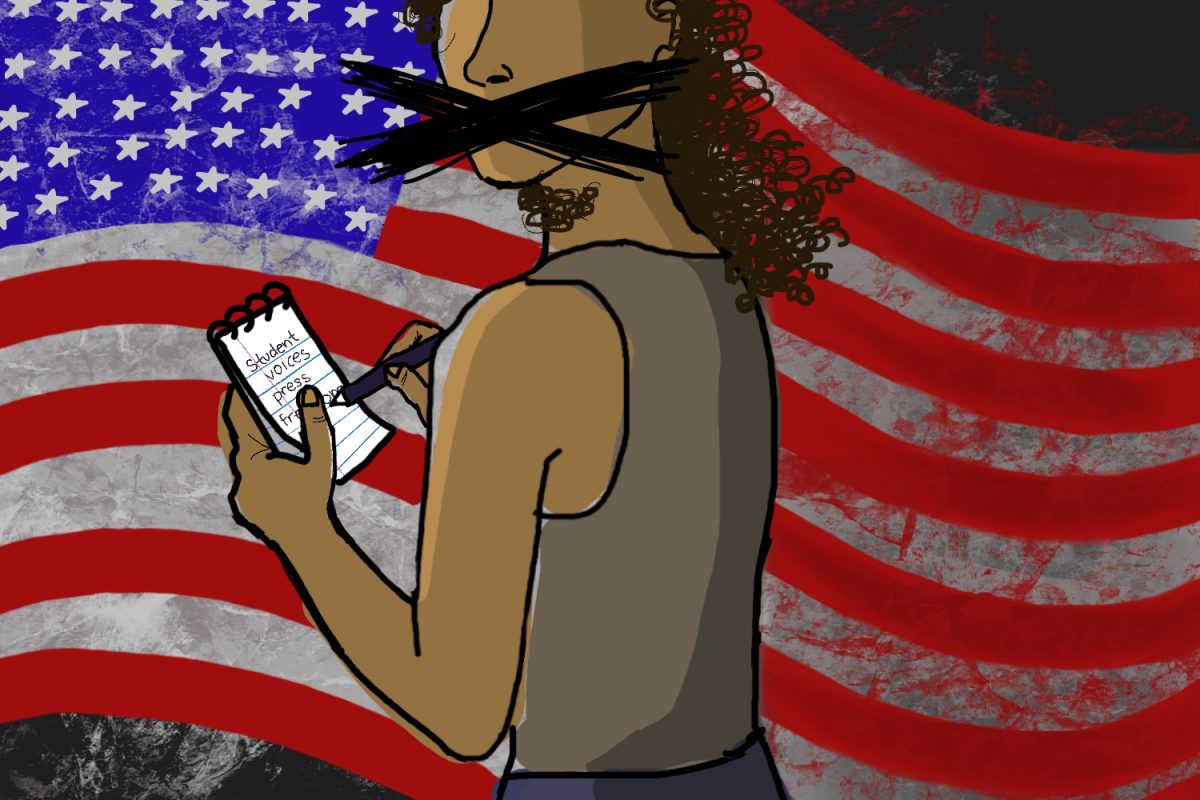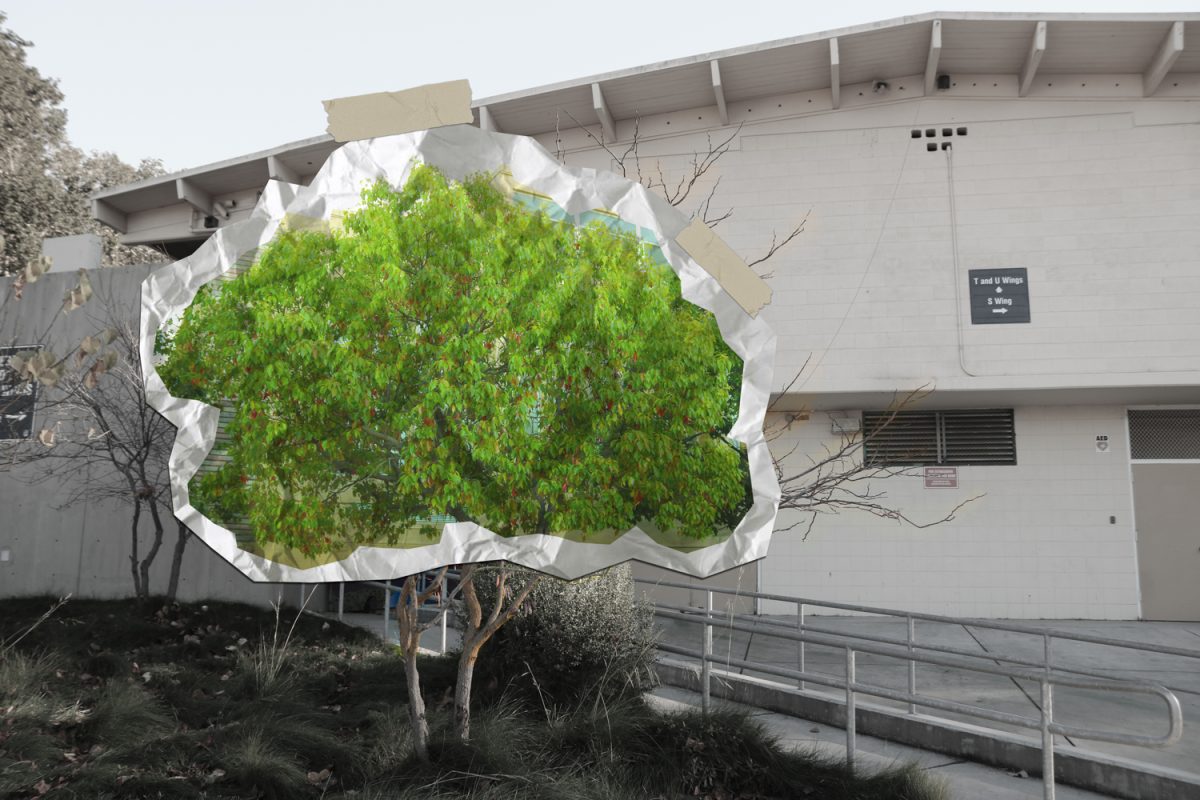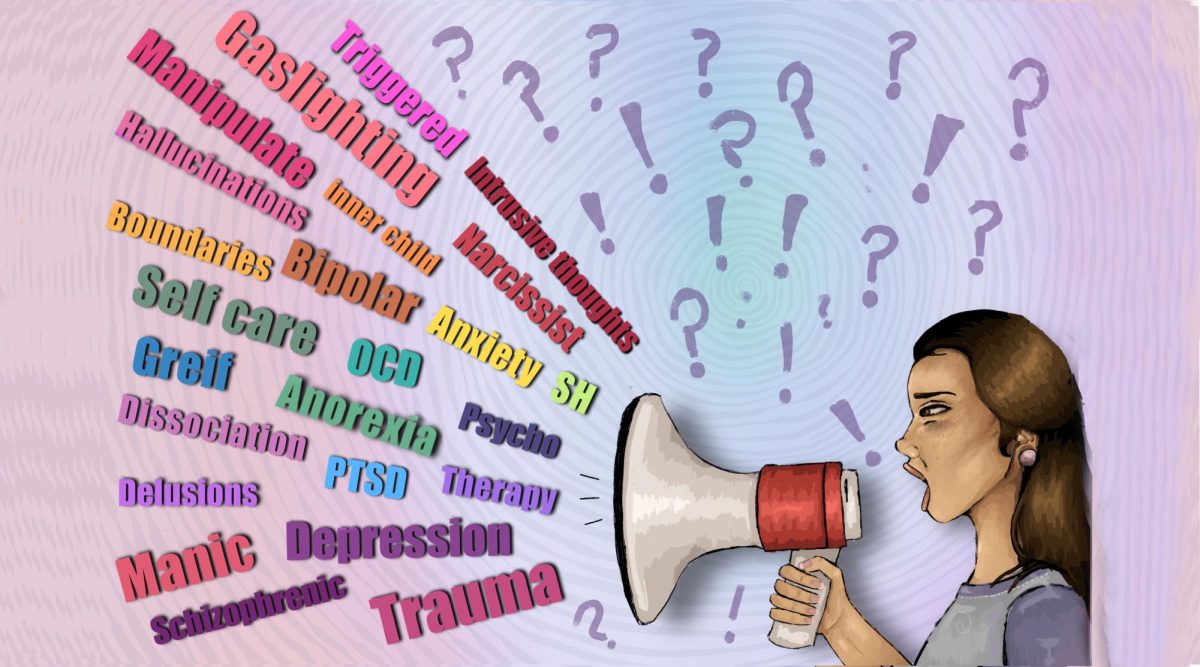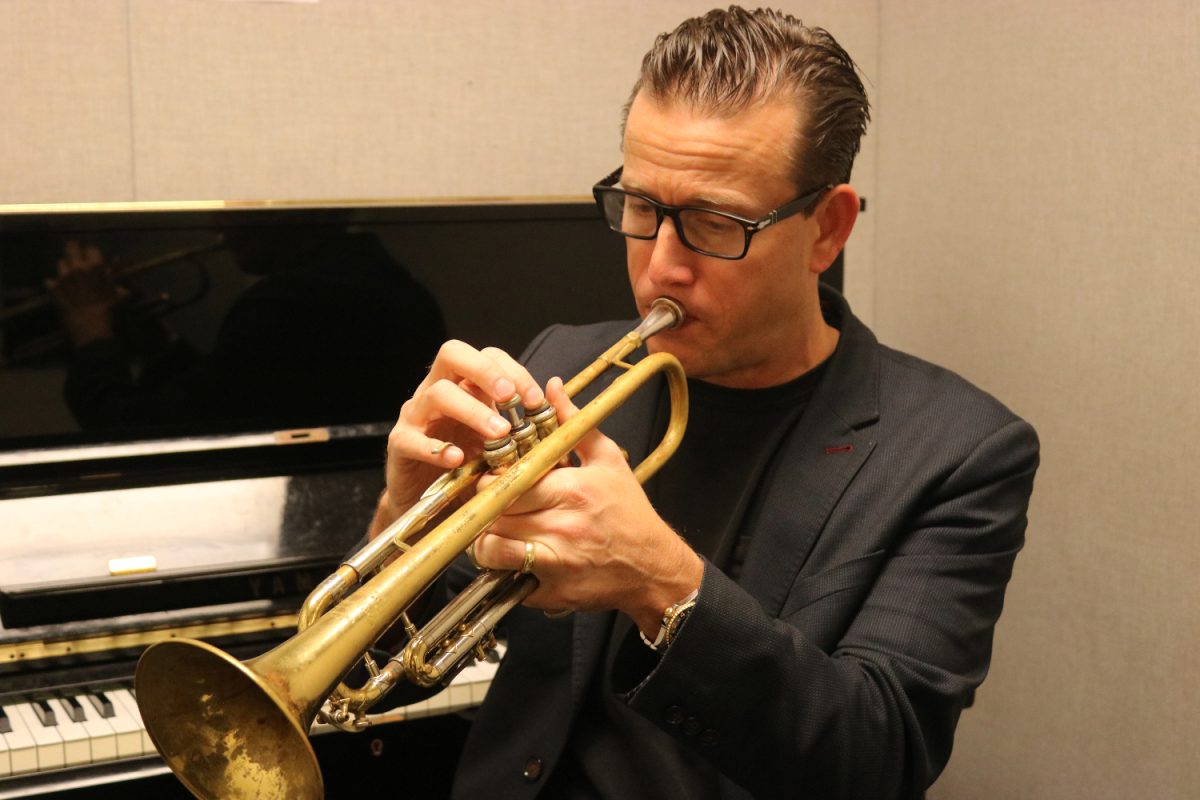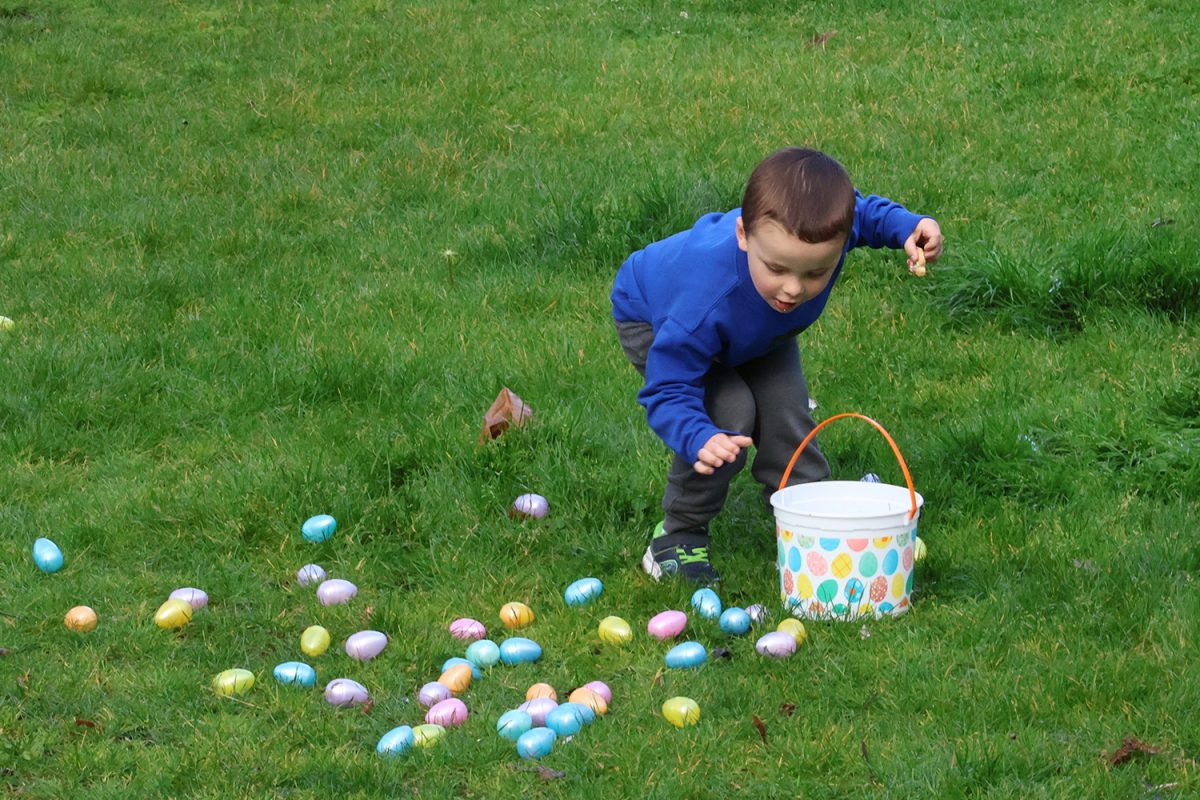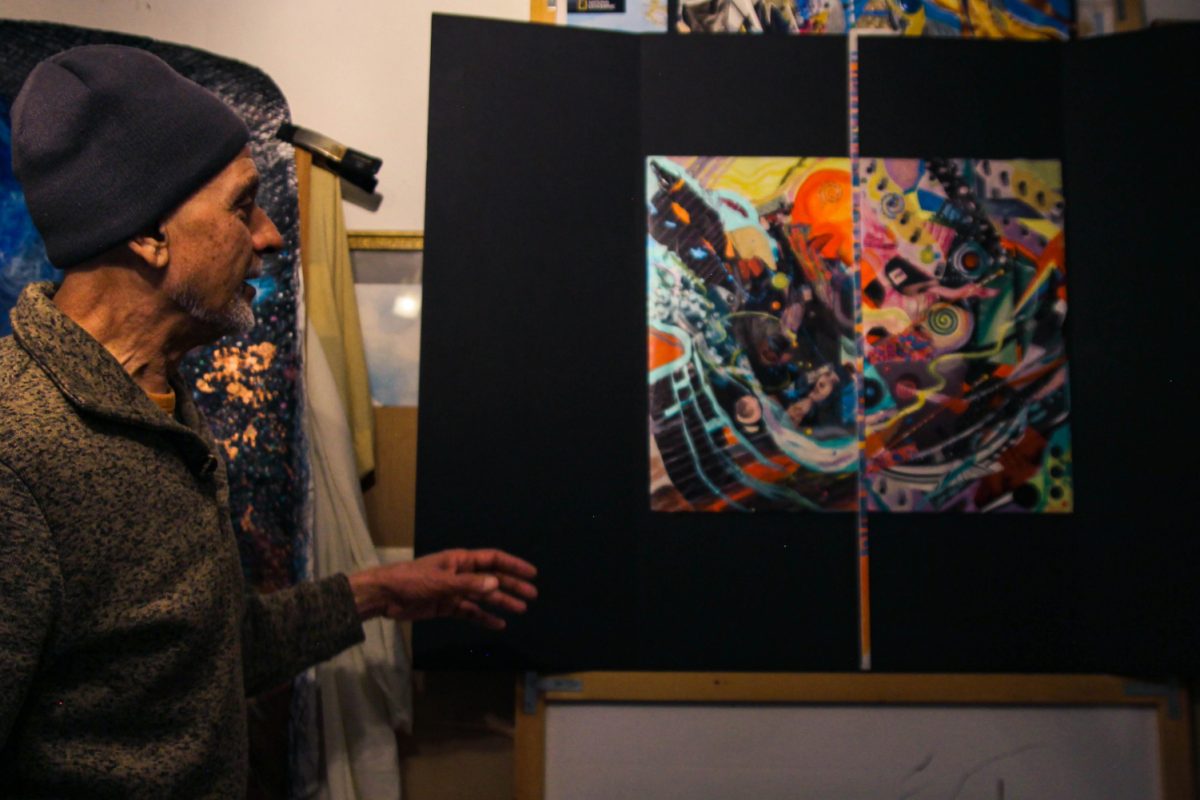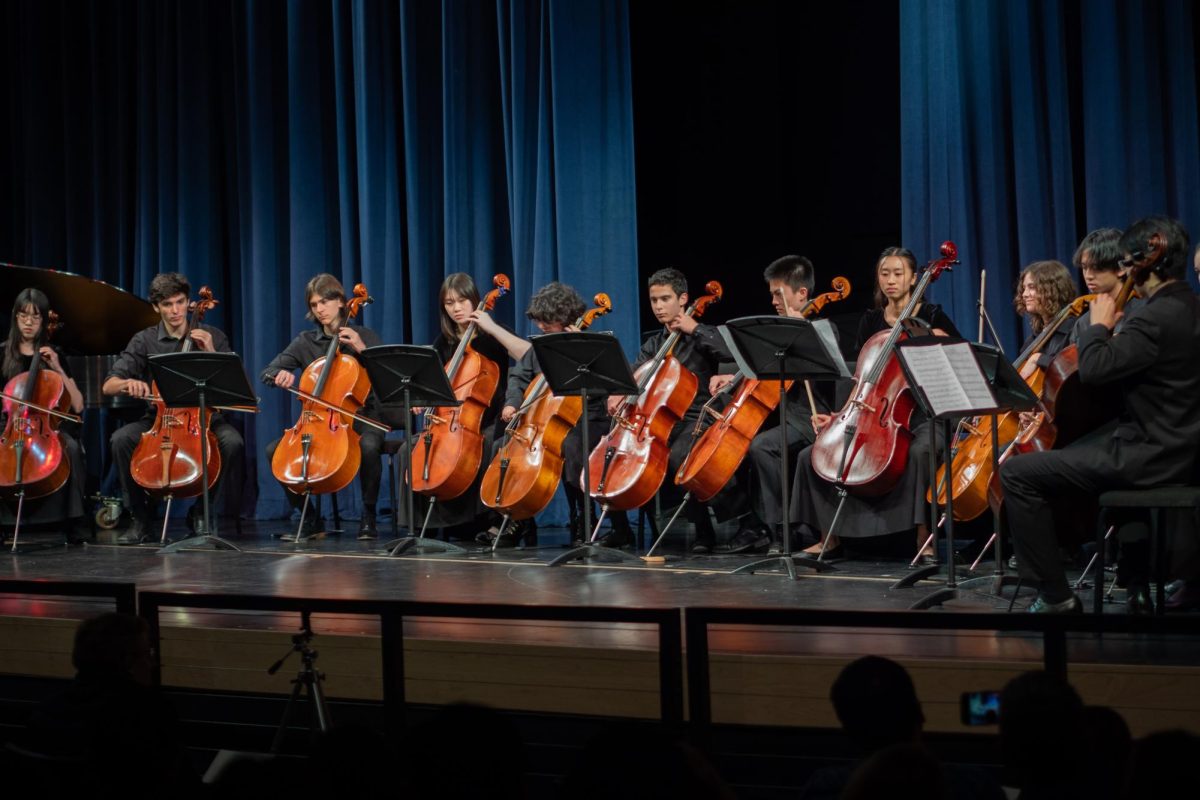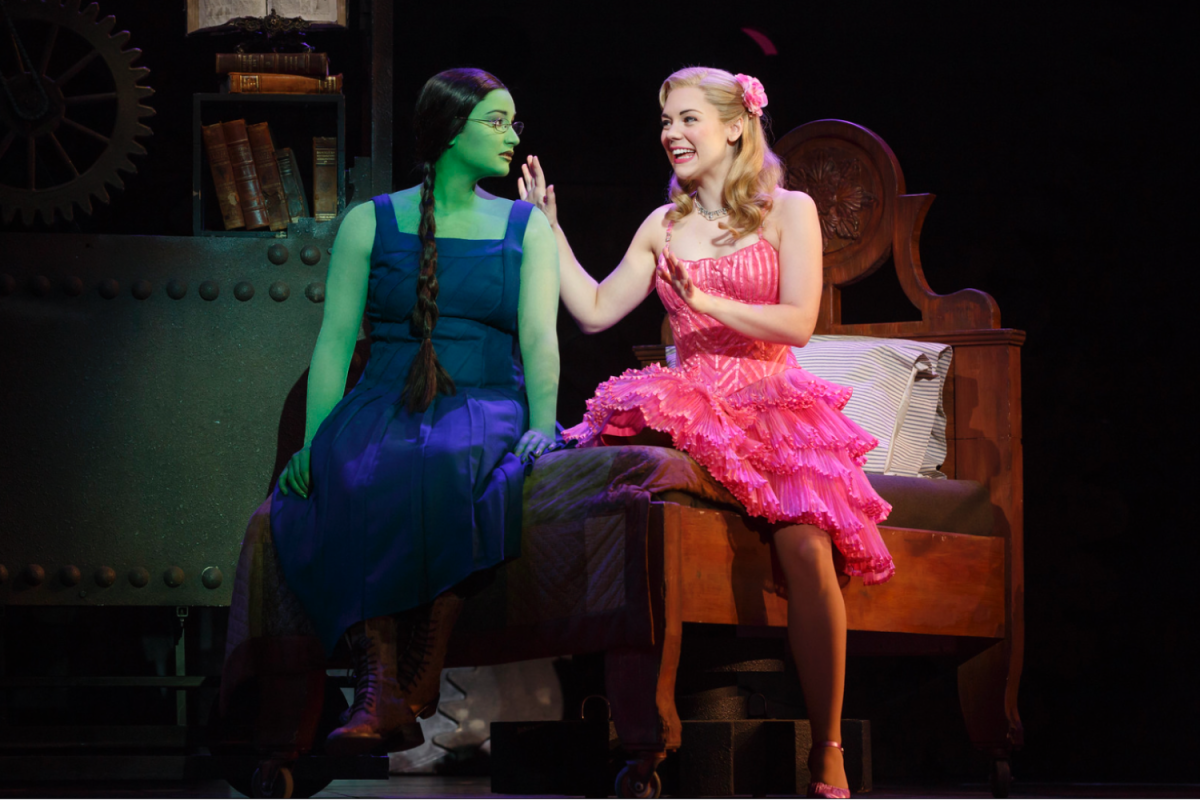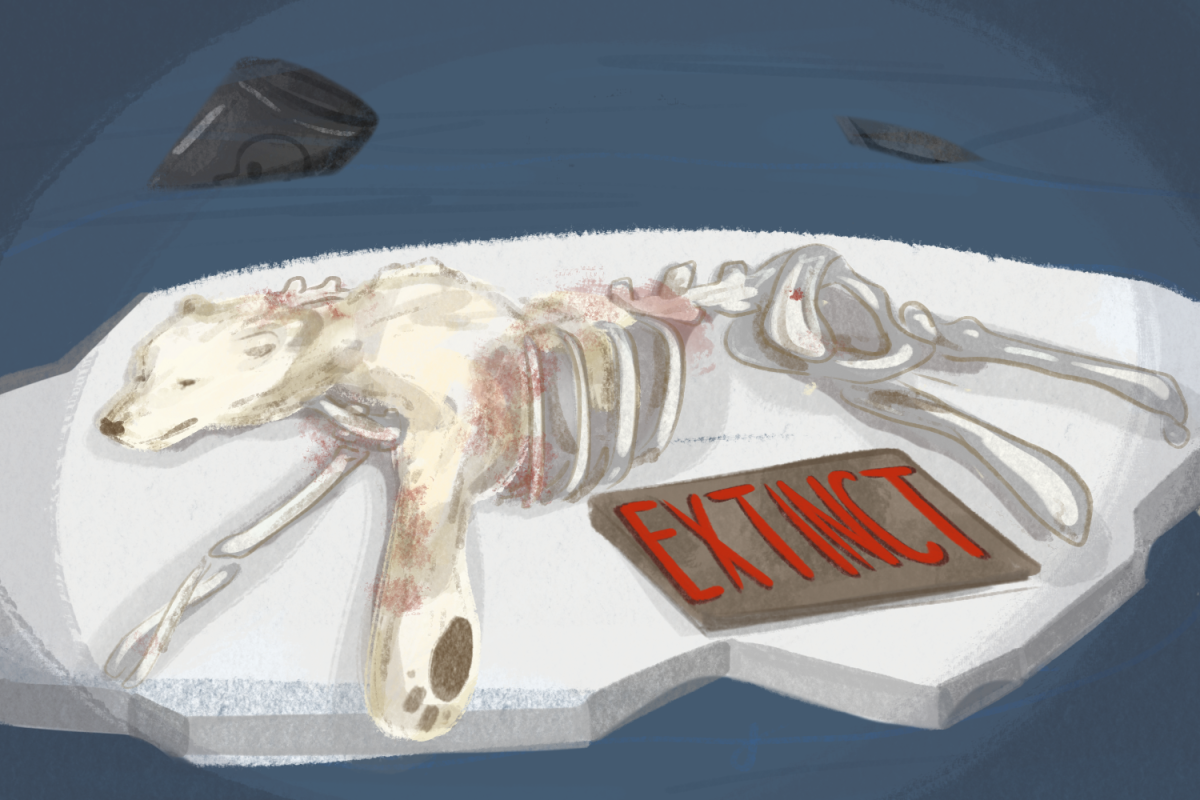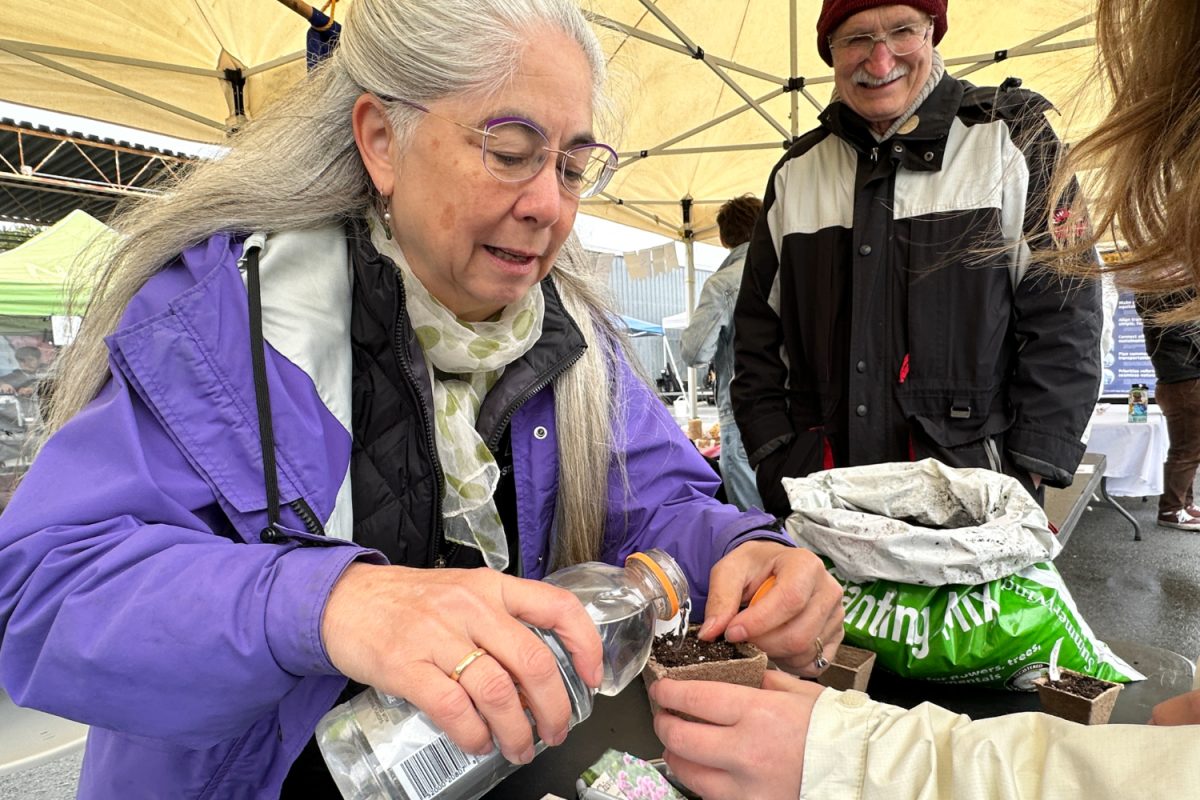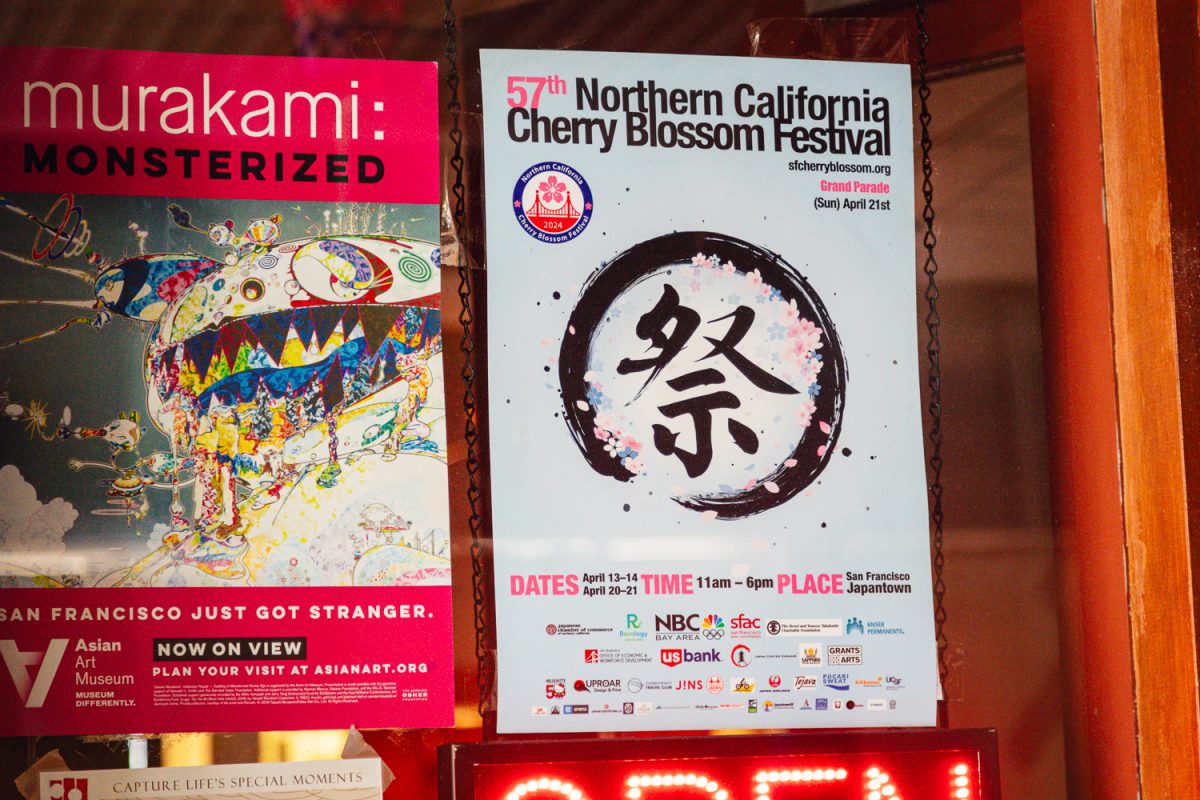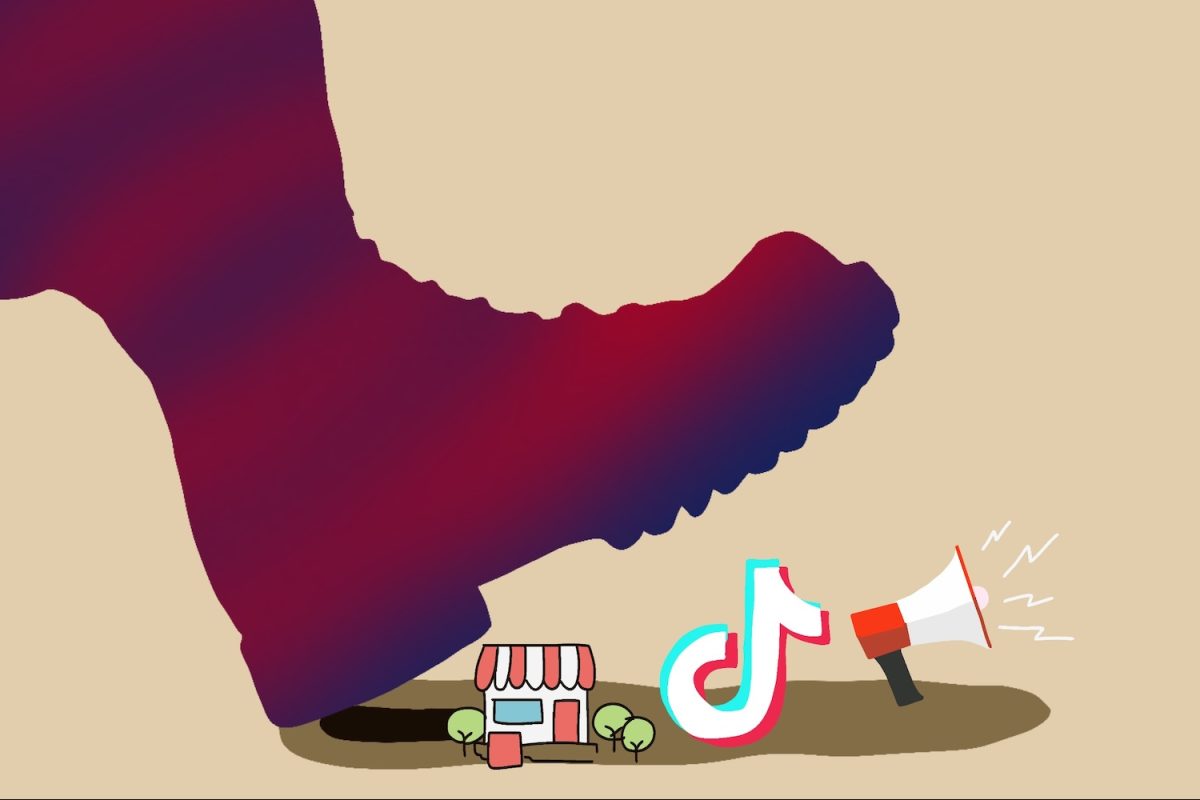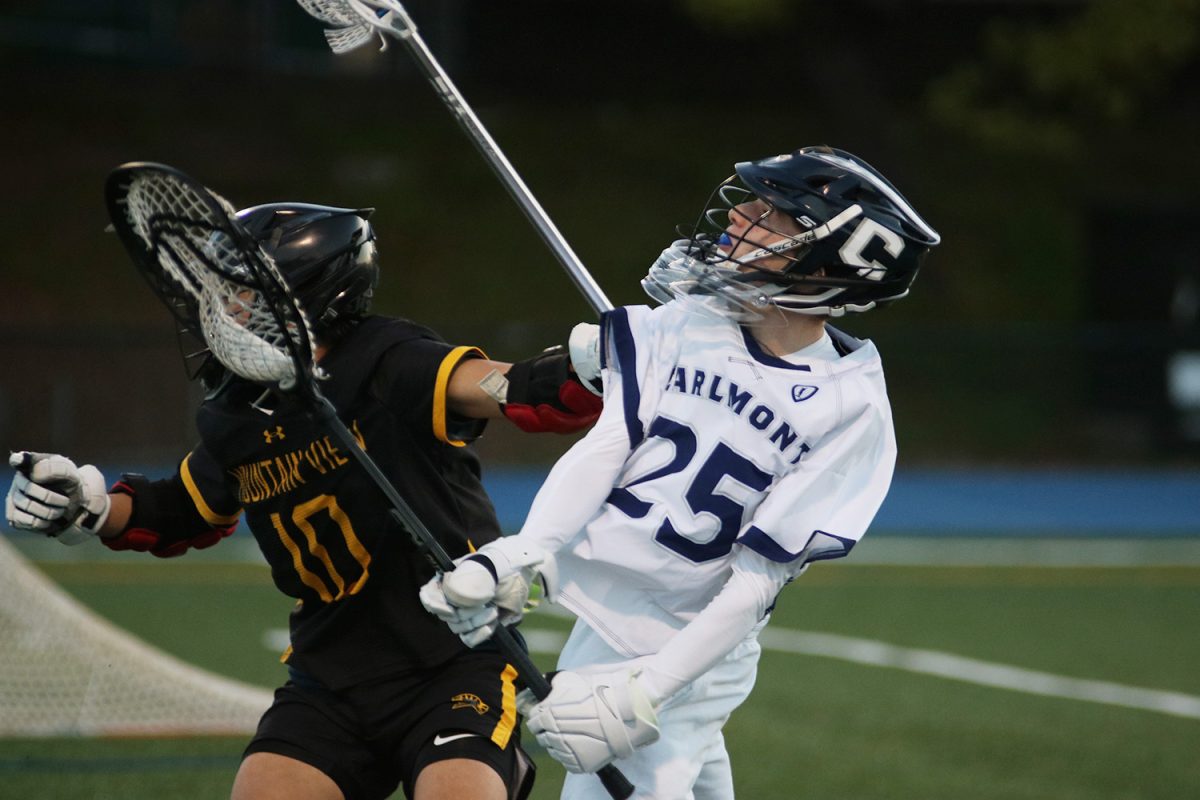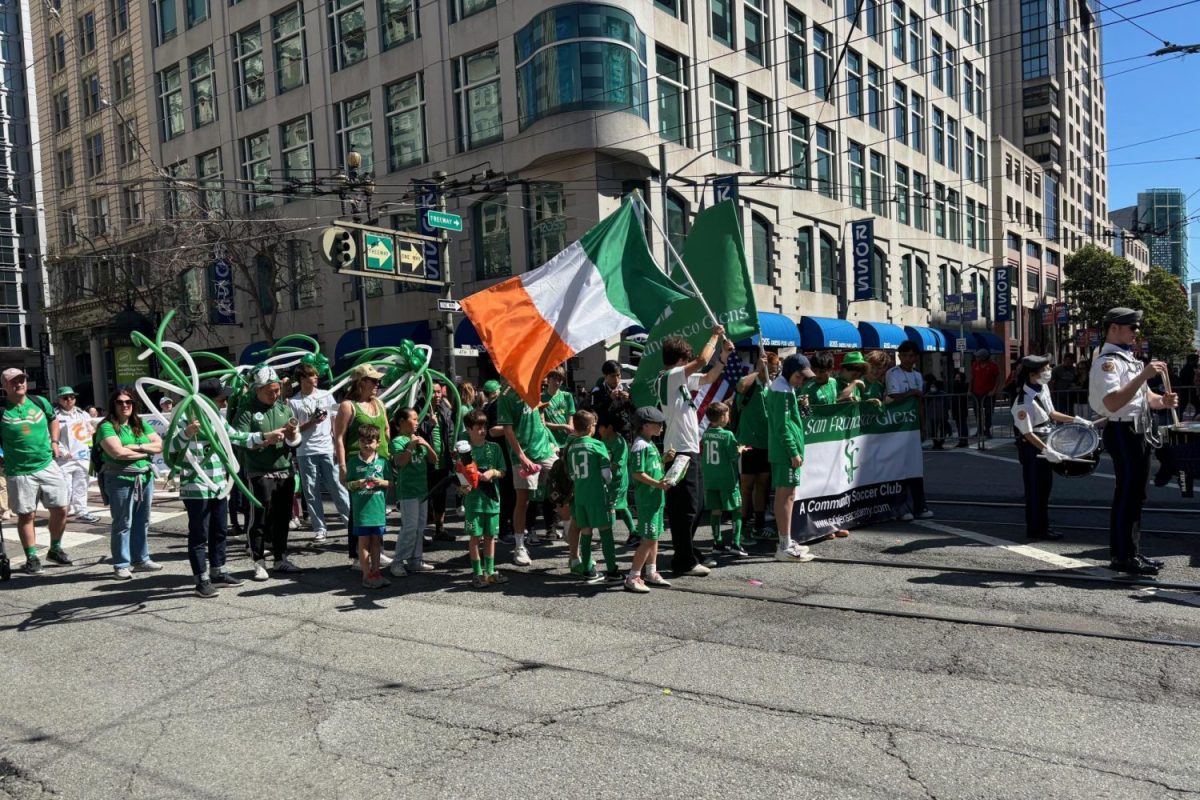Forgiveness Projects by Mandy Mah
_______________________________________________
The secret to recovery from abuse, neglect, betrayal, and to reduce stress and sadness – in other words, the key to becoming happier – may lie in forgiveness.
This is what Frederic Luskin, Ph. D., the Stanford Forgiveness Project director and the author of Forgive for Good, believes. The Stanford Forgiveness Project has reached many in the United States, Northern Ireland, and Colombia. Through the project, participants could let go of past grievances and move on with a more positive outlook on life.
Luskin’s project has impacted the lives of numerous people. Some were so profoundly affected by it they decided to invest themselves in it further and aid Luskin in this project.
Lyndon Harris, a former priest in charge of St. Paul’s Chapel, was heavily influenced by the Stanford Forgiveness Project. The Stanford Forgiveness project appeared in Harris’s life after the shocking events of 9/11. On Sep. 12, 2001, St. Paul’s Chapel, located across from building five of the World Trade Center, immediately set up a rescue mission for first responders. Initiated by Harris, the rescue mission spanned eight and a half months.

The eight and a half months first left Harris feeling fulfilled; he felt great that he could help people. Not soon after, however, the rescue mission encountered many conflicts coupled with challenges in leadership and direction. Harris felt less enjoyment and passion than he had before, and feelings of frustration rose. Despite these challenges, Harris remained on-site for the full duration of the mission.
After the rescue mission concluded in June 2002, Harris’s life began to fall apart. Harris was diagnosed with severe PTSD, depression, and compromised lung function due to his close proximity to the World Trade Center attack.
He needed to use an inhaler several times a day for six years to breathe properly. Harris was at a loss, and bitterness towards the whole situation began to build up.
His life further crumbled as his marriage fell apart, and he lost his house in foreclosure.
Grieving and resentful, Harris was at a loss for what to do. But in a life-changing call with a friend from Palo Alto brought up a solution: Forgiveness.
Harris could choose to let go of his problems and simply forgive the past events. Initially, Harris was taken aback by the suggestion and turned his friend down. The idea of forgiving his misfortunes was appalling – he had been through so much!
Furthermore, as a theologian, Harris thought that he knew everything in the aspect of forgiveness. He knew the Bible cover to cover and every mention of the subject. Because knowing all of that did not ease his pain, Harris remained reluctant to let go and forgive.
I heard the Nelson Mandela quote: ‘Unforgiveness is like drinking poison and waiting for your enemies to die from it.’ And I thought, ‘Wow, I’ve been drinking that poison.’ — Lyndon Harris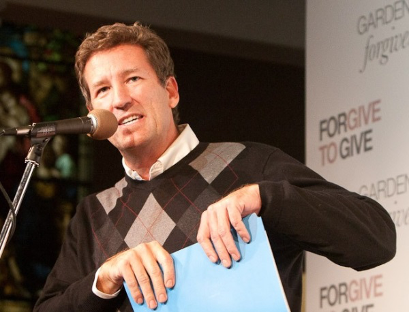
But, a famous quote led Harris to re-examine his perspective.
“Then I heard the Nelson Mandela quote,” Harris said, “‘Unforgiveness is like drinking poison and waiting for your enemies to die from it.’ And I thought, ‘Wow, I’ve been drinking that poison.’ The weird thing about it is, it tastes pretty good because people identify with you as a victim. You know they want to support you as a victim, but the problem was, it was still poison. And it was killing me.”
With his outlook changed, Harris sought to learn to forgive. He was soon exposed to the Stanford Forgiveness Project.
Harris found Luskin’s methods and work life-changing. According to Harris, Luskin made forgiveness clear and reasonable from a scientific standpoint. Luskin had clearly defined forgiveness by distinguishing between forgiveness and reconciliation in a way that drew Harris in.
After becoming more familiar with forgiveness, Harris began to see gradual improvements in his attitude towards life and mood. With Luskin’s help, he reached an epiphany: forgiveness is a key to moving on and being happy.
“I finally figured out that if you blame, you will stay the same, and the only way to move forward is to let go of the past and to forgive. So, I had to forgive others, to forgive 9/11, and forgive life. And the most important: I had to forgive myself for my own mistakes,” Harris said.
Now, Harris fully recognizes the importance forgiveness has, whether healing from traumas or lightening the burden one carries. Joining Luskin as a collaborator on the project, he now dedicates his life to teaching forgiveness and inspiring others.

One of Harris’s most meaningful experiences with Luskin was their attempt to establish a nonprofit Garden of Forgiveness at the World Trade Center in New York City. The idea behind the garden was to provide a beautiful, peaceful space where people could sit and have a conversation or go and process life. They could contemplate the world’s unfairness, find the ability to look past it, and decide to make the world a better place by opting out of that cycle of violence and revenge through forgiveness.
Furthermore, people in different communities could create their own, creating individual spaces of beauty to help uplift, inspire self-awareness, and forgive, bringing positive energy and instilling power in their lives.
“We encourage that people forgive. It radically transforms the energy in your life because you go from being a victim in someone else’s narrative to becoming the hero on your own journey,” Harris said. “If what happened to you is the only thing you talk about or think about, then you’re giving up your power […] The biggest problem with being a victim is you don’t have any power. We all are victimized, but we choose whether we stay in that state.”
In support of this project, they began to make presentations to the New York Community Board Number One, responsible for the World Trade Center area. Although they started receiving more support for the project, it was still not enough.
But later, Harris soon found out at a conference in Montreal, Canada, that Gardens of Forgiveness had been a part of more people’s lives than he initially thought. At the conference, someone came up to Harris and showed him a picture on his phone. The photo shown was a personal garden of forgiveness.
The man explained he was in the process of forgiving life for his daughter’s automobile accident. In the garden, he felt that he was able to be peaceful and connect with his daughter.
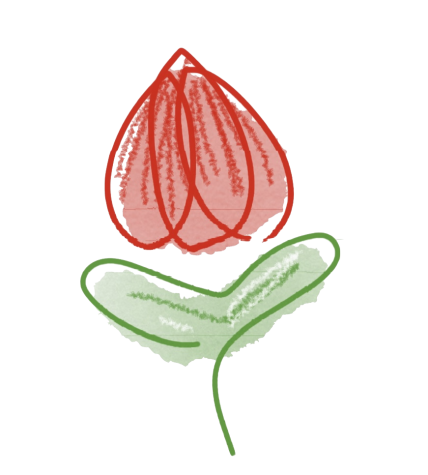
This interaction with the man demonstrated to Harris how meaningful and healing the Garden could be for people. It further strengthened his belief in his project with Luskin and illuminated the positivity it could bring.
That is not to say Harris and Luskin didn’t face a fair share of criticisms for their projects as well. The two received angry phone calls and messages accusing them of pro-terrorist actions by letting go of the events of 9/11 or insisting he was telling them to forgive Hitler.
However, the two defended their ideas and handled the harsh words as well as the setbacks.
“I’m not telling you to forgive Hitler, but maybe forgive as many people as you can up the ladder. Because, ultimately, your health will be better,” Luskin said. You’ll have a clearer mind, and your sense of purpose will be better. You’ll have more capacity to thrive and to enjoy your life.”
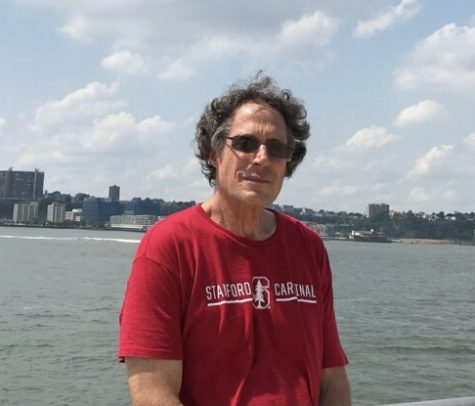
I’m not telling you to forgive Hitler, but maybe forgive as many people as you can up the ladder. Because, ultimately, your health will be better. You’ll have a clearer mind, and your sense of purpose will be better. You’ll have more capacity to thrive and to enjoy your life.
— Fred Luskin
They continued to preach their lessons of forgiveness, and their campaign for Gardens of Forgiveness continued to flourish.
One such Garden of Forgiveness was established at Friends Seminary school in New York City. The Peace Club at Friends Seminary had reached out to Harris; they were interested in using forgiveness as a tool for conflict transformation and peacemaking.
Harris then started working with them, and together they dedicated a garden to forgiveness at the high school. He discovered many were unwilling to let go of past problems, as they felt that forgiving would infer that they thought the events were acceptable. Harris sought to change their perspectives.
“Forgiveness doesn’t mean letting someone off the hook for doing bad things, but forgiveness means that you refuse to allow, whatever it is, that was done to you to dominate your life. You take back the power in your life. And if we can become more forgiving people in high school or wherever, then our communities are better,” Harris said.
To Harris, the concept of forgiveness is essential now as we face some of the most trying times of our lives. The events of COVID-19, combined with intense political and social turmoil, make life chaotic and full of fear. Forgiveness has helped him stay calm and optimistic during quarantine and other events.
On the days he feels down, he likes to put things in perspective and realize the bigger picture. He reminds himself that conditions like the current pandemic will not last forever. Harris says that hope is also crucial during this time; happiness is dependent on the willingness to be courageous and compassionate.
Harris expressed his gratitude towards the Stanford Forgiveness Project and how it helped him at his lowest. He says that it has allowed him to open up to the possibility of new beginnings and a new vision for his work. After eight long years, Harris was finally able to let go of his grievances and heal through forgiveness and gain a true understanding of the idea and now hopes to inspire others to do the same.

“If you go to the playground, go to the monkey bars. There you are on the monkey bars, and now the only way you can move forward and get to the other side of the monkey bars is to let go of that one rung behind you and take the next one. And that’s really what forgiveness is,” Harris said. “It’s about letting go of what no longer serves us, forgiving ourselves, forgiving others, forgiving life, and opening our heart to the possibilities.”






